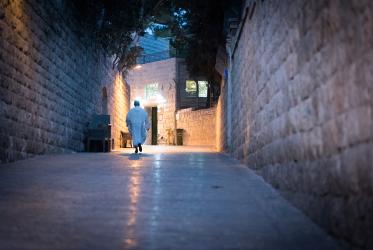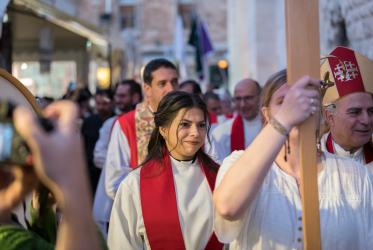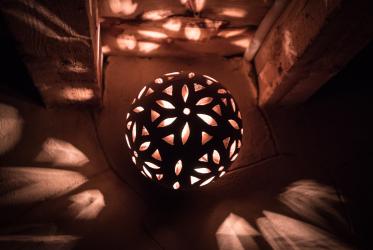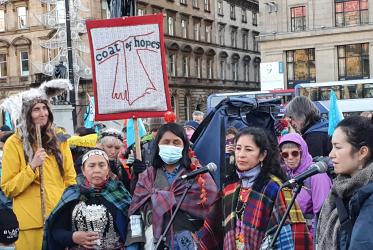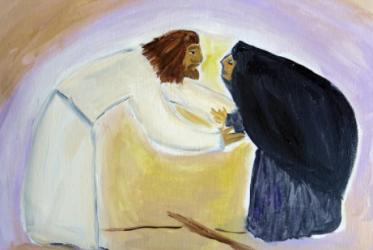Is not this the fast that I choose:
to loose the bonds of injustice,
to undo the thongs of the yoke,
to let the oppressed go free,
and to break every yoke?
Is it not to share your bread with the hungry,
and bring the homeless poor into your house;
when you see the naked, to cover them,
and not to hide yourself from your own kin? - Isaiah 58:6-7
To understand Isaiah’s message about true and false fasting, let’s take a minute to remind ourselves of the role and intention of fasting in the context of our Christian faith. This is vital, as fasting is one of the spiritual disciplines in the Christian faith that is no longer practised universally.
07 April 2023
Manoj Kurian

